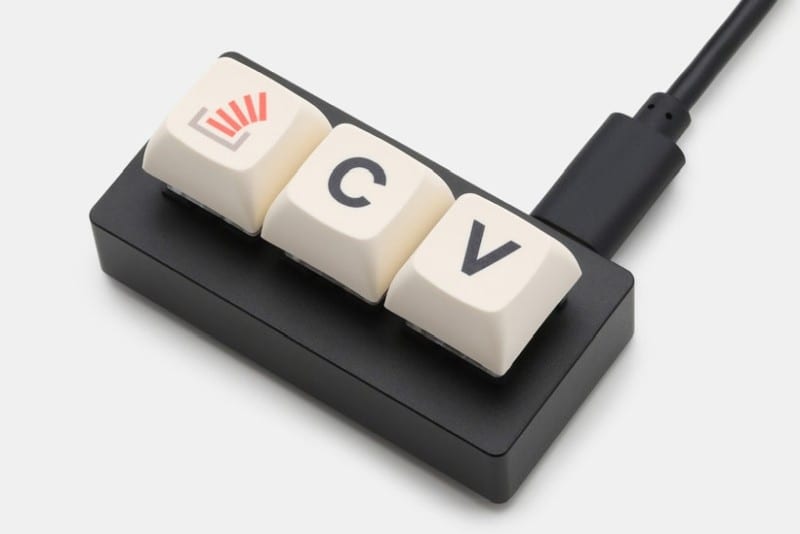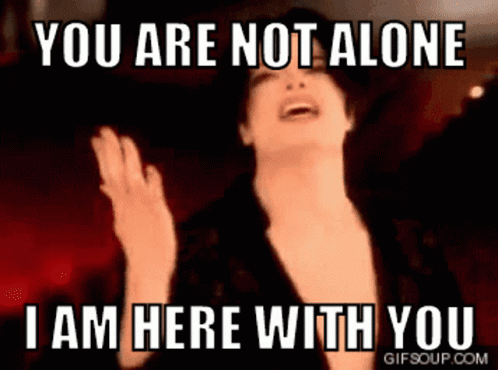Every master was once a beginner. And every pro began as an amateur. ~ quote by Robin Sharma
As Robin sharma quoted none is a master that was not a beginner. What only differenciate a beginner from a master is the experience gained through all the journey.
Getting started into programming can be thought as something simple as well as you have your PC and access to all the materials needed to get started but the more time you spend into it, the more your eyes get opened and realize all the stupid things you've done and the time you've wasted.
When i started programming I did 6 big mistakes that I wish I had got someone to alert me about them before I got started. I've also seen alot of beginners that I tutored trying to do the same all the times. I lost alot of money and time that I don't wish anyone else to loose.
In this tutorial, I will be sharing you these 6 mistakes and how you can avoid them if you are just getting started or have started already but have the same bad habits.
1. Trying to learn alot of things at once
When I was getting started, I had what we call FOMO (Fear Of Missing Out) and its something I see in alot of young developers these days where they want to be up-to-date to each latest trend in Software Engineering. By the time,You could find me learning more than 5 languages at once and even jumping to more advance concepts and framworks before I knew the fundamentals
At the end of it all, I knew it was just a wastage of time because how this industry is set, none hires you because you just know alittle of many trending technologies. No, Companies need someone who master a certain language and is probably the best at it.
Please please 🙏 don't rush. Focus on one language and start from fundamental concepts, not just rushing to advanced ones or frameworks. This will not only make you a master at that language but also make it simple for you when you try to learn something else.
2. Jumping into code too quick - Coding without planning
This is the most common mistake of programmers that they write code without thinking and planning.
As a beginner engineer, you have so much excitement to code and nothing else.
If you are the kind that jumping to code is the first idea or solution that comes to your mind when you get a problem to solve, you will end up wasting a lot of your time. Resist the temptation to code and think about alternate ways to challenge your own assumptions first. Yes, some of this comes with experience, but it's good to build the habit early on.
It applies to both small applications and large applications. You require to think and plan in advance before coding and this is a rule. The correct process to write quality code is Research. Plan. Write. Validate. Modify.
3. Googling issue
I categorize googling issue into two things.
The first issue that's much common to absolute beginners is not knowing to search for what they need.They waste their time in solving a problem when they can google it and find a solution to a problem. Google helps you to understand that what you think is a problem is not really a problem and stop fixing it. So Google it first. Being creative sometimes doesn’t mean everything you are doing is correct.
The second issue is using search the bad way. this is that you search for something because you are stuck and need some help. But the moment you find a post that gives you the solution, you just copy-paste it and move on without understanding how they solved it and why you could not. You solved your immediate problem, but you didn't fix the root cause. This is very dangerous because it leads you to become the kind of engineer that solves problems in a very hacky and patched up manner without understanding the actual inner workings of your own solution.

Please use that keyboard wisely 😂😂
Don't be the "stackoverflow dev". It's okay to look for solutions online, but when you find one, make sure to fully understand how it works and to fill gaps in your own knowledge that led you to being stuck in the first place!
4. Preferring quantity to quality
Ambiguous code is waste and it cannot re-create. While programming or coding focus should be kept on the quality of the code. By quality I mean code should be readable and clean. Don't repeat yourself and Don't feal eargered to clear ambiguous code because you think it took you a long time to write. If you don't focus one code quality and just code you can't stand out for sure. Being to working, doesn't mean its optimized. Optimize your code again and again till they reach the best standard
5. Just picking a solution because it's probably the first
This point is connected to the fourth one, While you might think your first searched solution is all inviting and true, good solutions are found after evaluating all possible solutions you find. Coders should be able to find multiple solutions to a problem. If you are unable to do so that means you do not understand the problem. As a programmer you need to find a solution that is simple enough to read, understand and maintain. Instead of rushing towards implementation, think about the potential failures of the solutions and try to find the solutions of a problem in the simplest way.
6. Not reading others' code
This is so common, it's not even for absolute beginners only. I've seen great devs who can code up quick, effective solutions on their own, but completely crumble when they have to contribute to any project that is not their own. The reason is, they are just not used to reading other people's code. Reading other people's code, understanding it quickly and being able to debug through it is a skill on it's own! So start building this early - because you will be doing a lot of this in your job, and reading others' code can sometimes be more challenging than writing your own. The end goal as you progress through your career is to not only be able to read a codebase that multiple devs have worked on, but understand the big picture quickly and identify areas where you can improve.
A great way to build this skill early on is to go to open source projects, read the code there and try to understand what is going on. Even better if you can identify some improvements and put in a pull request to do so!
I just want to keep this article short, Let me conclude
Conclusion
You might be worried that you are making alot of mistakes after reading this article. But don't panic,
It's just a part of the journey. The only bad thing you can do is persisting on not correcting what you've seen as a mistake. Stop worrying about best practices and focus on what you can do best. Invest enough time in research and find good practices that suit well for programming. Do not go looking for best practices on the basis of what others found. Best practices come from own research and practices. Rely on self-searched steps for quality coding. Every content is different from others and every good practice does not necessarily apply to all.
Done 😀
Boom! We are done 😀, its your turn now to share us what you think about the article and any mistake that you might have done that you think others should avoid.
Stay tunned! Bye 🙋






Top comments (2)
Well Explained Shiru,
Good Article @Turinumugisha
Thanks